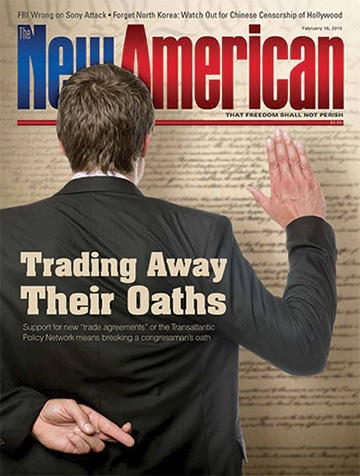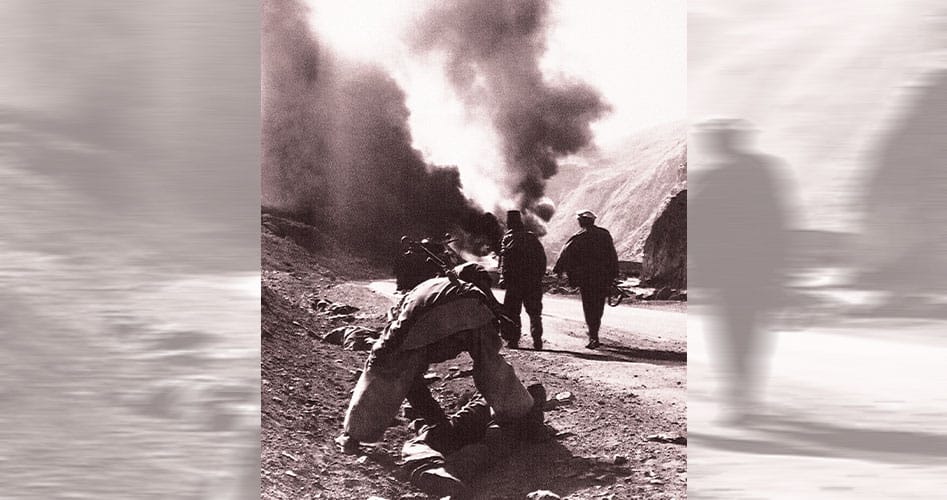Bringing on a War
On Christmas Eve of 1979, Soviet transport planes, carrying tanks and trucks as well as thousands of troops, began descending on the airport in the Afghan capital of Kabul, while helicopters brought in several thousand commandos, including shock troops from the KGB’s “Special Ops” unit. On December 27, commandos stormed the presidential palace, killing both President Hafizullah Amin and a guest. Within hours, the Soviets had control of the airport, the radio station, and other key points throughout the city. As armored divisions of troops moved, the invaders seized control of all the major Afghan towns.
In Washington, a seemingly shocked Jimmy Carter, already hamstrung by the Iran hostage crisis that would plague the final year of his presidency, announced a number of measures in response to the invasion. They included a ban on the sale of high technology or other strategic items to the Soviet Union, “severely curtailed” fishing privileges for the Soviets in U.S. waters, and the cancelled sale of 17 million tons of grain to the Russian empire. As an added gesture of defiance, the president ordered a boycott of the 1980 summer Olympics in Moscow, using his authority under the Export Administration Act to prohibit transactions related to the Moscow games. At a White House meeting with members of the U.S. Olympics Committee, National Security Advisor Zbigniew Brzezinski stressed the seriousness of the Afghan incursion, saying that the Soviets had established a “strategic wedge” and that its bombers could now reach the Straits of Hormuz, a strategic point in the transportation of U.S. oil supplies. He spoke of evidence suggesting the Soviets were using chemical weapons and establishing permanent bases in Afghanistan.
In his January 4 speech to the nation, President Carter invoked a slightly revised and updated version of the “domino theory” President Eisenhower had used a quarter of a century earlier to describe the communist threat in Indochina. According to Carter,
JBS Member or ShopJBS.org Customer?
Sign in with your ShopJBS.org account username and password or use that login to subscribe.

 Subscribe Now
Subscribe Now
- 24 Issues Per Year
- Digital Edition Access
- Exclusive Subscriber Content
- Audio provided for all articles
- Unlimited access to past issues
- Cancel anytime.
- Renews automatically

 Subscribe Now
Subscribe Now
- 24 Issues Per Year
- Print edition delivery (USA)
*Available Outside USA - Digital Edition Access
- Exclusive Subscriber Content
- Audio provided for all articles
- Unlimited access to past issues
- Cancel anytime.
- Renews automatically


